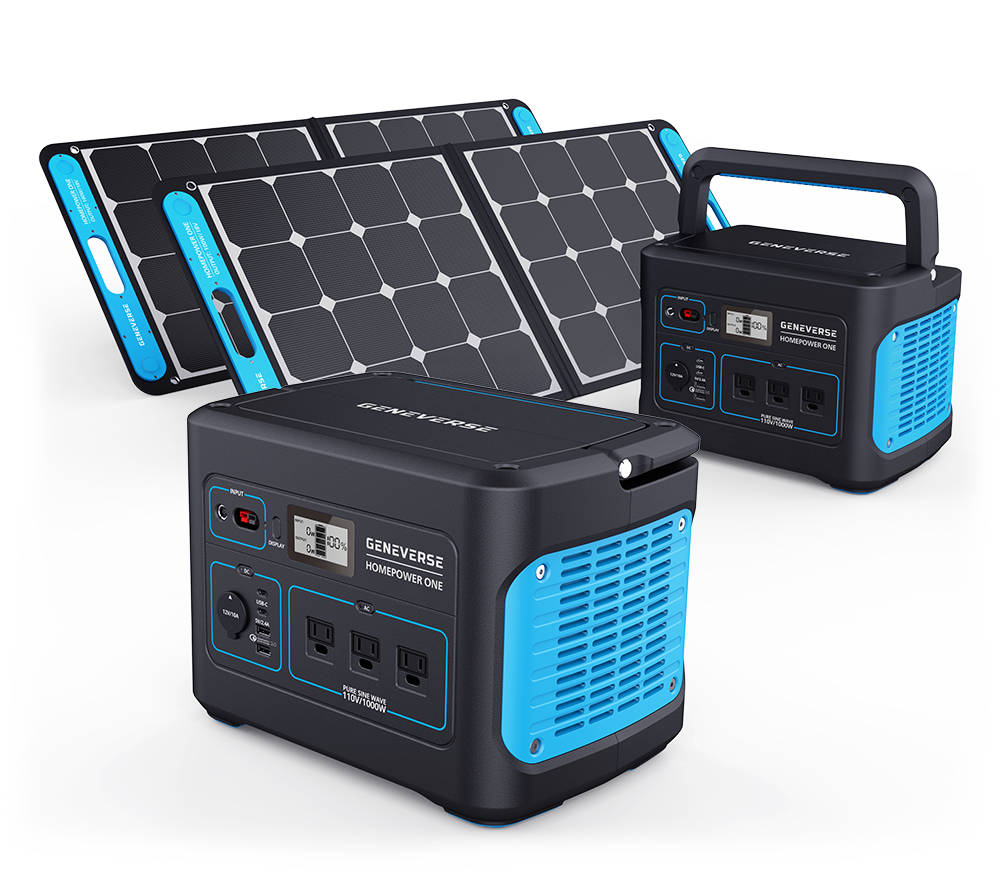Although it could be said that we’re past the peak of the Atlantic hurricane season, which runs through November 30th, this does not mean we're in the clear at this point in time.

We may have seen the peak of this year's Atlantic hurricane season, but the potential for strong storms to develop is still a major possibility.
What Causes Hurricanes?
There are many factors that contribute to the formulation of hurricanes. Major common factors include:
- Warm Waters
- Moist Air
- Wind Caused by the Earth’s Rotation
- Thunderstorms
The Coriolis Effect
The Coriolis effect, which is caused by the Earth's rotation, results in swirling winds that form at the center of a hurricane. The Coriolis effect determines the rotational direction of a hurricane – curving right in the Northern Hemisphere and to the left in the Southern Hemisphere.
Heavy Rain and Gusty Winds Ahead
Systems have been reported/observed by weather experts, one in the Caribbean and one in the middle of the Atlantic Ocean, which are resulting in rain and wind. However, neither system seems to be headed to the United States and neither of them are expected to form into the next named storm – which would be set to be named “Nadine.”
You can take a look the names of the Atlantic tropical cyclones for the next few years via National Hurricane Center.
Although there doesn’t seem to be anything on the horizon, at least as far as the latest news is concerned, it’s still a good idea to be prepared for the worst.

How to Stay Prepared
Even though there doesn't seem to be anything our previous two hurricanes on the horizon weather-wise, it's still a good idea to remain prepared for extreme weather and natural disasters, especially if you reside in impacted areas.
Freshen Up Those Bug-Out Bags
Freshen up those go bags/bug-out bags. Cycle out any expired supplies (such as batteries), especially when it comes to food and water.
You can purchase freeze-dried meals that stay good for 25 years -- that way you don't have to worry about cycling those out. If you have canned goods, those typically stay good for around two years.
Stay on Top of Your Water Supply
Water typically stays good for 1-2 years depending on storage. Treated water can last longer than 1-2 years. We recommend storing water in a cool, dark area of your home, preferably in a basement area if your living space permits.
Cycle Out Expired Medication & First-Aid Supplies
You'll also want to cycle out any expired medication or first aid supplies, if applicable. Ointments typically have expiration dates. Hydrogen peroxide, for instance, has a 3 year shelf-life unopened. It has a 6-month shelf life after being opened.
Medications also have expiration dates. Depending on what the medication is and where it is stored, medications marketed in the United States typically have expiration dates that range from 12-60 months from the time of manufacturing.
Stay Informed
It's a good idea to get cozy with your local weather forecast -- you may even want to pay attention to the weather patterns in your surrounding areas.
Pay close attention to NOAA Weather Radio and make sure to follow your local news broadcasts, whether that's on TV or on the radio. You can monitor any updates about storm warnings via your local emergency management office.
You can also visit the National Weather Service website to look at forecasts.
Charge Up Your Back-Up Power Supply

Now is a good time to make sure your solar batteries are charged up and ready to go. Whether you charge by wall outlet, by car charger, or by solar panel, your Geneverse generator can pick up a full charge in just a few hours, depending on the model you choose.
Your Geneverse solar power station should be charged to 100% in order to function at optimum capacity and to ensure you get maximum power out of your device.
Stay Safe and Stay Prepared
As the Fall season gives way to the winter, it's best to continue to pay attention to your local weather forecast. Stay prepared for the worst -- but lets all keep our fingers crossed that the worst of it is over.
Geneverse can help you stay prepared for storms and outages with a variety of batteries and solar power stations that can power 99% of your electronics, appliances, and crucial medical devices. See below for resources regarding our reliable, renewable power solutions.
About Geneverse: Geneverse is the most reliable and cost-efficient source for solar energy. Our PowerPillar ESS integrates solar power, battery storage, not to mention grid and generator power sources that help our customers get the most out of their energy storage investment – all at the most competitive pricing on the market. We craft complete home energy systems that power energy independence rain or shine in addition to portable solar products that provide decentralized power during emergencies and unforeseen circumstances. Learn more about Geneverse and how we can bring protection and security to your family/household by visiting our website today.




Leave a comment (all fields required)